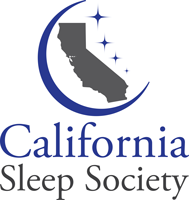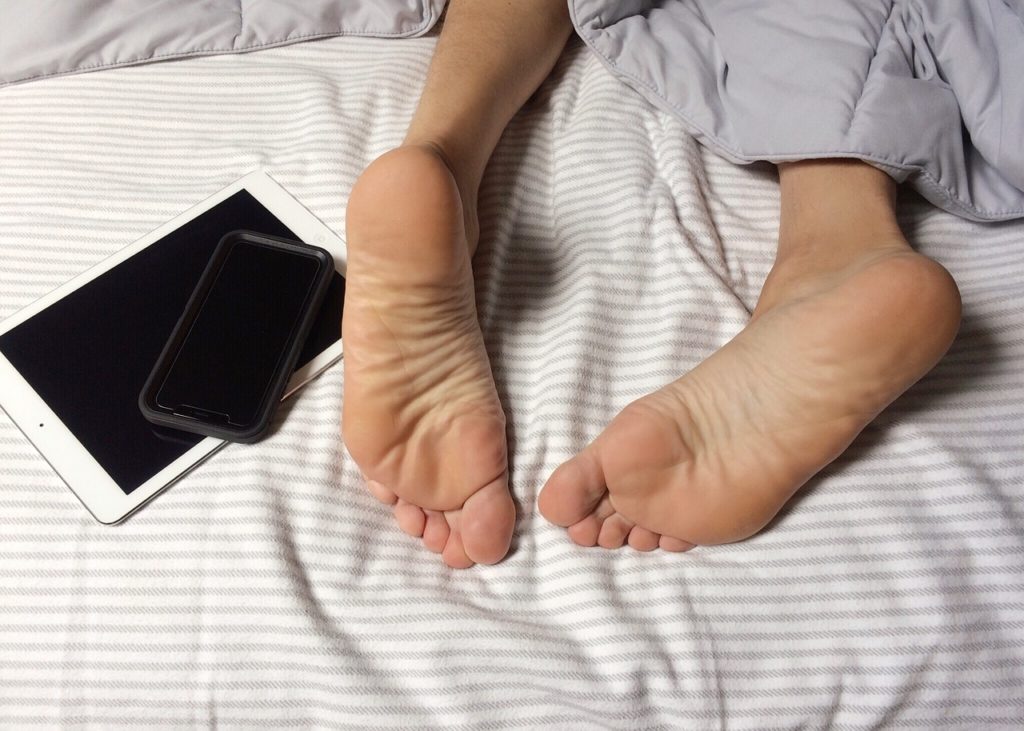By: Jonathan Sherrill, BA, RPSGT, RST
Are we relying too much on technology? When using the computer, how many of us rely on spell check to constantly fix the same spelling errors in place of general word memorization? On our phones, how many of us rely exclusively on our cell phone address book instead of knowing some of our closest contacts by heart? In our vehicles, how many of us know when it’s time to change the oil in our cars ahead of the idiot lights from the dashboard alerting us? When travelling, how many of us have become so reliant on Google Maps or Waze to navigate us that we might struggle to get to those same places that we’ve visited dozens of times before if it weren’t for the map app? There has already been much discussion and debate about whether technology is making society dumber, but here, I’d like to add industry relevance and ask: “Is technology hindering or helping sleep tech development”?
I still remember studying for my RPSGT examination nearly 20 years ago, not just the process, but the mnemonic devices I used and the actual information that needed to be learned for that test. This was a low-tech process, never the original document, but usually a paper copy of a copy of a copy from techs that undertook the process before my own journey. This was long before smartphones or other mediums of having information and answers immediately available, so other than asking my Medical Director to clarify something that I had read, there simply was not any high-tech reference. As a result, the information was not pre-frontal lobe temporary learning to get through a test but cemented permanently within hippocampus and cerebral cortex. In fact, there was an entirely separate and more difficult un-learning process each time the industry changed, like when we R&K became the AASM Scoring manual, when we said bye-bye to stage-4 sleep, when the filter frequencies changed and Hz for various waveforms were redefined. I often wonder if the information would have been engrained with the same permanence if Siri, Google or Alexa had been around during this period. It’s been my impression that most veteran techs know this information in the same fashion.
In our industry, almost every aspect of the sleep testing process has been inundated with tremendous advances in technology. I welcome all of these and truly believe that these can lead to better sleep study outcomes for all patients if used responsibly. Most PAP devices not only recognize types of sleep disordered breathing but can also titrate the patient on various auto-modalities. While this should never be a primary titration means during attended studies, there are absolutely some techs out there who use this as a titration crutch. In other scenarios techs use onscreen magnification tools or personal filters to enhance temporary views instead of applying gain control or physically adjusting leads requiring attention. Most systems now, have built in utilities that assist techs in marking respiratory events and there are addon services that can fully analyze and score in real time to determine sleep state along with a variety of other metrics to determine and more. While this can be an amazing utility to assist techs in making split night decisions, it isn’t so great when a server goes down or there is a firewall disconnection and a reliant tech is staring at a screen confusingly wondering if the patient is asleep, if they are having events and if they should intervene. During the scoring and reporting process, nobody manually calculates any longer as every digital system has low tech codes that add information to the report from automatically typing the patient’s name and date of birth, to automatically calculating and adding the Apnea Hypopnea Index (AHI), Latency to Sleep or Latency to REM onsets (LTSO/LTRO), Sleep Efficiency (SE) along with percentages of time in various positions and in various stages. Do not rely; trust but verify. Do you trust; can you verify? Trust but verify; trust is one thing but without the ability or capability to verify, then trust becomes reliance.
There is a failure in the responsible use of technology anytime it precludes a basic understanding of the principles it was designed to enhance. Technology can be amazing, but it should not replace a general understanding of how the same things work in a low-tech environment. As a collective group of sleep professionals, we need to welcome new technologies but should only see them as an enhancement to our knowledge. We must learn how technologies work instead of only knowing what they are supposed to do. We should trust new technologies but never allow it to become a crutch of reliance. Keep your skills sharp. Verify numbers from data using native formulas. Quiz yourself. Quiz others. Attend and participate in seminars and conferences. Read sleep books and magazines, in physical or electronic forms. Take sleep courses and webinars. Talk with other sleep professionals. Learn, share and collaborate.

